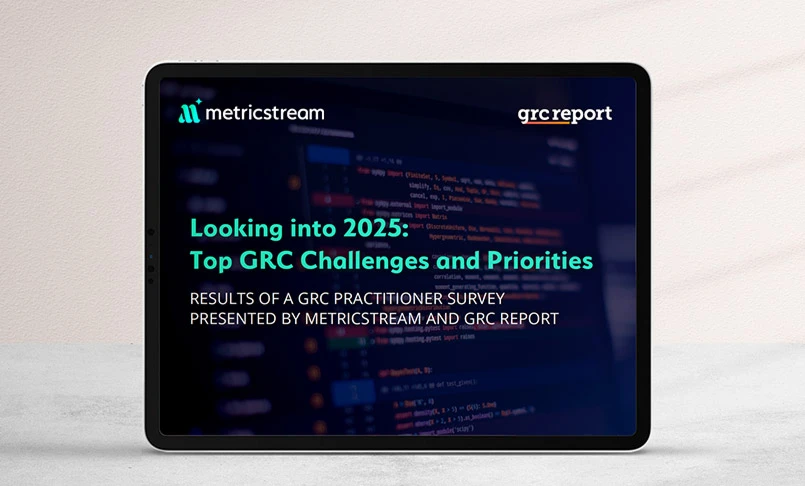How to Cross-Sell Compliance to Your Sales Managers
- Compliance Management
- 17 September 16

Introduction
The story of Wells Fargo’s cross-selling compliance failure, reminds me of the huge fine that HSBC received in 2012 for mis-selling— over $3 billion. Wells Fargo’s $185 million fine for poor cross-selling practices pales in comparison – but still “ouch!” Even worse and more costly could be the reputation damage — Wells Fargo styles itself as the big bank that has that small town feel.
According to reports, Wells Fargo had identified violations of its cross-selling policies for years — for instance, issuing credit cards without fully informing customers — and significant remedial actions, sometimes even with mass firings of offenders. The tone at the top seems to have been pretty clear and supportive of compliance. Yet on the other hand, failing to meet sales quotas could also result in a firing — as it should.
At most companies, we find that employees are rewarded for meeting goals that are tied to business goals — with performance indicators focused on production, growth, and sales. There is no reward for not breaking the rules. “Hey, John — thanks for not doing anything illegal this quarter — here’s an extra $2,000” — nope, that doesn’t happen.
Give Managers the GRC Tools They Need
The challenge for managers in the middle is how to communicate both compliance and sales goals, and how to monitor just as strongly for compliance as for performance. Managers have the customer relationship management systems, sales force automation applications, and financial management tools to track progress toward the achievement of financial objectives. However, they also need the tools to monitor and track compliance of the employees on their teams. What costs less — the fines and reputation damage of repeated compliance failures, or investments in the GRC tools that managers need?
Monitor the Mood in the Middle
Executives also need to monitor the mood in the middle. Frankly, the best way to do this is to talk directly to employees on the teams to see what messages they are getting from their managers. Often these are formal “skip-levels,” but informal visits and conversations can also give you a sense of the mood in the middle.
Monitor for Fraud Continuously
You get what you inspect, not what you expect. So, frequent, even continuous monitoring of sales for fraudulent activity should be the norm for a company whose growth is heavily dependent on consumer cross-selling.







